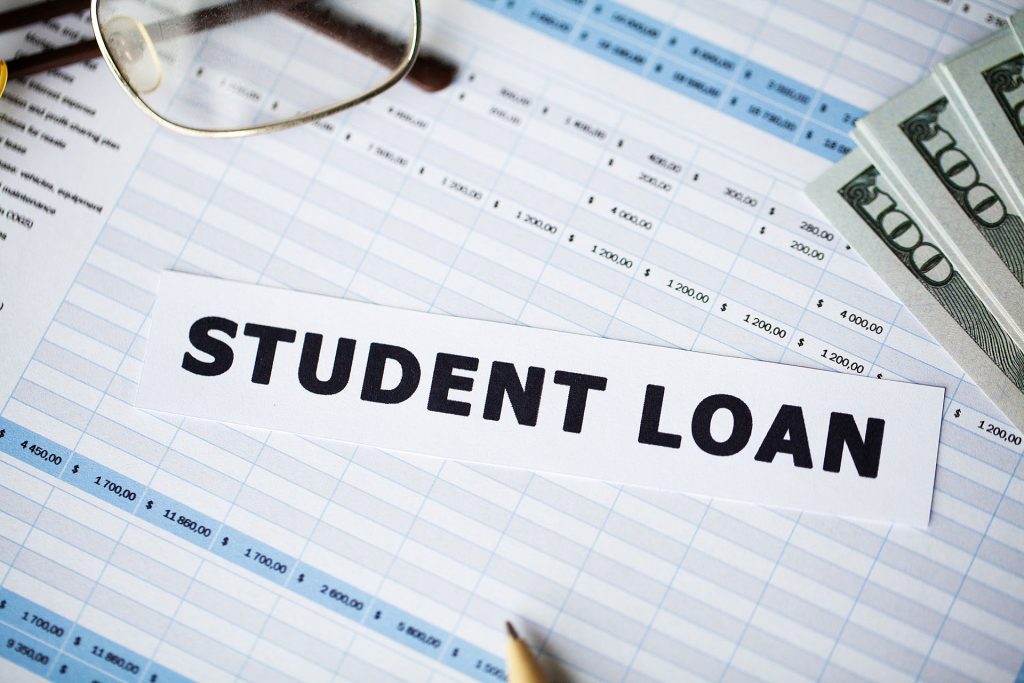
A new report released by the National Center for Education Statistics has discovered that 52 percent of student loan borrowers who attended for-profit schools and began repayment in 2003 have defaulted on at least one loan. By comparison, 26 percent of borrowers who attended community colleges and 17 percent who attended four-year schools have defaulted. Students who did not complete their degrees had the highest default rates.
Although some for-profit schools help students obtain useful job skills, others have engaged in allegedly fraudulent business practices. However, some for-profit schools have been accused of conducting misleading advertising campaigns that promise students they will obtain high-paying jobs after graduation. These schools allegedly used falsified post-graduate employment statistics to attract more students. In reality, the programs were not accredited and many students did not find jobs after graduating. Only after throwing tens of thousands of dollars into these programs did students realize that their credits would not transfer to other higher education institutions.
Debt relief options for these borrowers have been halted under the Trump administration. The Department of Education recently delayed the implementation of a plan that would have fast-tracked borrower defense to repayment claims. Under the Education Department’s borrower defense rule, debtors could have their federal student loans forgiven if they could show they were defrauded by their schools.
Can For-Profit Borrowers Use Income-Driven Repayment Options?
If you attended a for-profit school and have federal loans, then you may still qualify for income-driven repayment options. You could possibly enroll in REPAYE if you have Direct Loans that are in good standing. This program would limit your monthly payments to 10 percent of your discretionary income.
If you have eligible FFEL Loans, then you could qualify for the IBR program, which limits monthly payments to 15 percent of your discretionary income. Both repayment plans allow for loan forgiveness after a certain period of repayments.
If you have defaulted, then you may be able to rehabilitate your loans or qualify for a Direct Consolidation Loan. These options could bring your loans back into good standing.
The Kansas City student loan attorneys at The Sader Law Firm can help you find ways to manage your student loans and other debts.
 Book an
Book an Email
Email Directions
Directions







